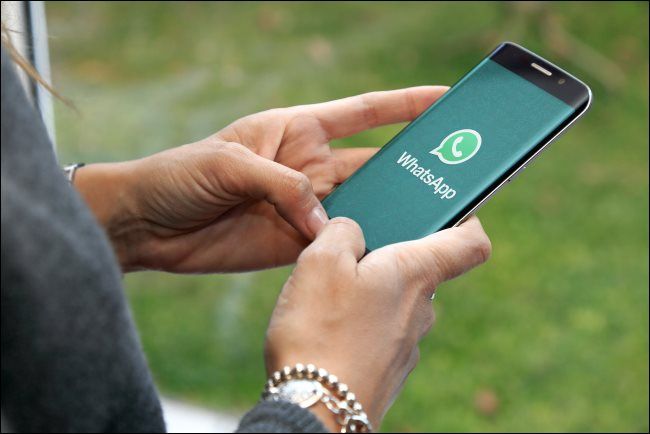Quick Links
Has anyone ever sent you the four-letter acronym "TTYL" instead of saying goodbye? Here's what this popular internet slang term means, and how you can use it in your next online conversation.
"Talk to You Later!"
TTYL stands for "talk to you later." This initialism is used to tell someone you're leaving the conversation and you'll speak to them later. It's often used as a substitute for "bye" or "goodbye." It implies that you'll message each other again in the future.
It's closely related to two other internet acronyms: BRB and AFK, which stand for "be right back" and "away from keyboard," respectively. All three indicate you'll be gone for a certain period of time. However, BRB and AFK often denote a shorter period (like a few minutes), while TTYL is often used when you'll be away for a more extended period, like several hours or days.
TTYL also implies you have to stop chatting at the moment because you have something else to do. For example, if you're ready to go to sleep, you might text, "I'm going to bed. TTYL."
Where TTYL Started
TTYL has been in use online for a very long time. Its origins can be traced to the early days of internet chatrooms, like IRC, where people often used shorthand acronyms instead of full phrases.
The term gained further traction with the emergence of instant messaging apps, like AIM, MSN, and Yahoo Messenger, where it was commonly used prior to logging off. Because portable internet devices were uncommon at that time, telling others you were shutting down your computer was standard online etiquette.
In the late 1990s and early 2000s, as SMS became the most common form of digital communication besides email, TTYL was the way most people said goodbye to a texting partner.
The first definition of TTYL on Urban Dictionary was posted in June 2002, a mere three years after the website was founded. It was in use a long time before then, however, and still is, both on- and offline.
In response to its widespread usage, TTYL was even added to the Oxford English Dictionary in 2016, along with other internet initialisms, including SMH and TBH.
TTYL in Chat and Online
Today, TTYL is commonly used in many online settings, especially mobile messaging apps, like WhatsApp, iMessage, and Telegram. Because people now tend to have their mobile devices on them at all times, TTYL often means someone has to do something else for a while and won't be able to use their phone.
Again, though, TTYL implies you'll be talking to this person again. When you'll chat again is undefined---it could be later that same day or the next. Therefore, TTYL is usually used in conversations with someone with whom you already have an established relationship.
Sometimes, however, you might use TTYL even if you don't have any immediate plans of talking to someone again. In that case, you're using TTYL as a polite goodbye rather than as its literal definition.
TTYL in Life and Pop Culture
Compared to other online initialisms, TTYL has become an especially well-known term in pop culture. In 2004, there was even a book released called ttyl. The young adult novel by Lauren Myracle is written entirely as text conversations between teenagers. The book became a New York Times bestseller and further cemented the popularity of the acronym.
Of course, the phrase "talk to you later" predates the internet by many years. It's still commonly used in face-to-face and phone conversations before parting ways or ending a call. It has similar connotations to "see you later" or "see you soon," but those are more commonly used at the end of in-person meetings.
How to Use TTYL
TTYL can be used in both upper- or lowercase, but "ttyl" is more common among younger people. To use TTYL, simply substitute the acronym for goodbye, like the examples below:
- "I have to go walk my dog. TTYL."
- "The plane's about to take off now. ttyl!"
- "Sure, I'll ttyl about it."
- "My phone's about to die. I'll TTYL."
If you're interested in learning about other online slang terms, be sure to check out our articles on NVM and IMO. You'll be chatting like an internet expert in no time!


